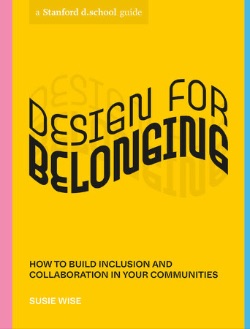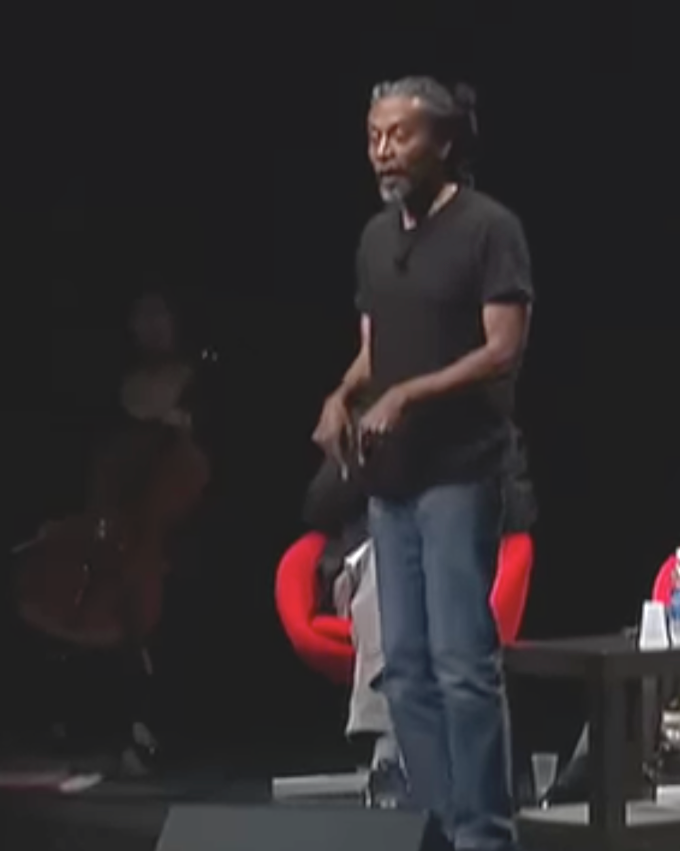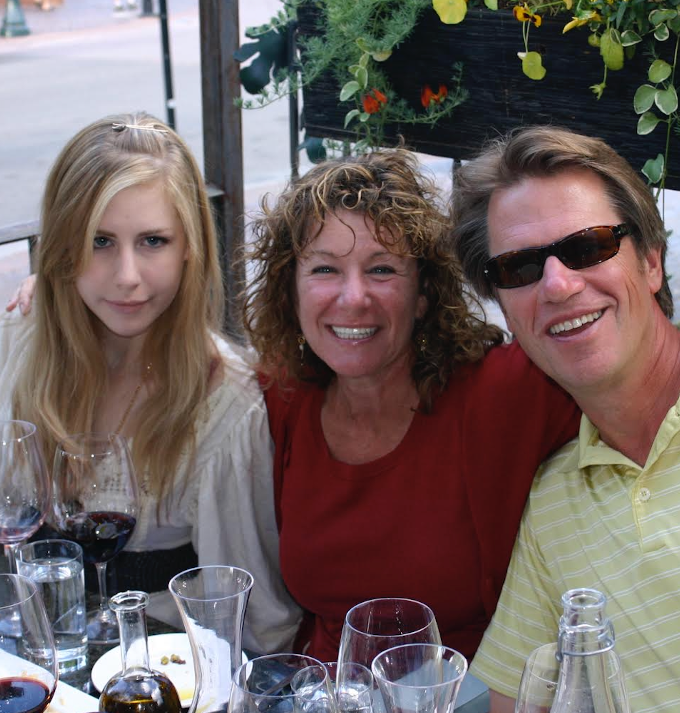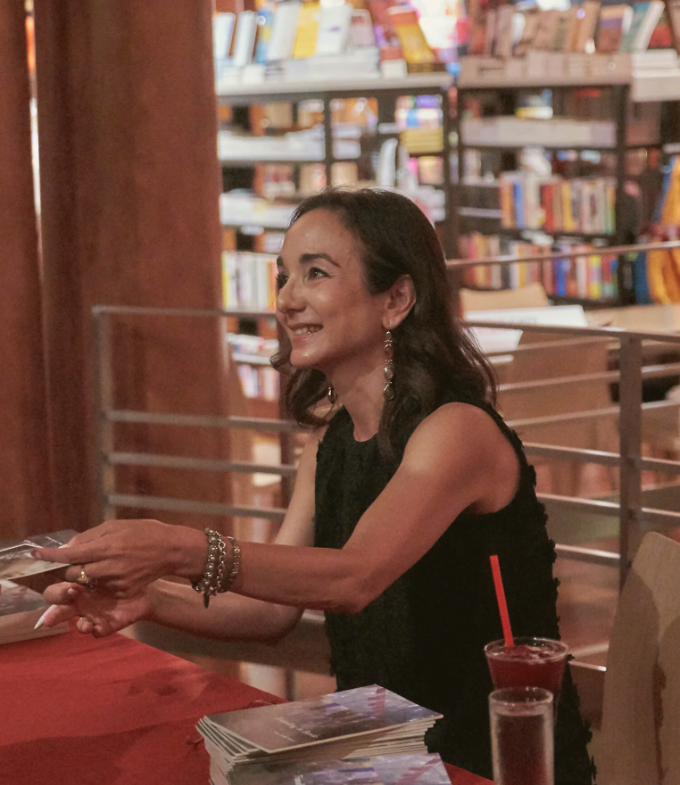June 27, 2025
Learning
“Predicting doom in difficult times may have more to with the sorrow and depression of the moment than with any real insight into future possibilities."
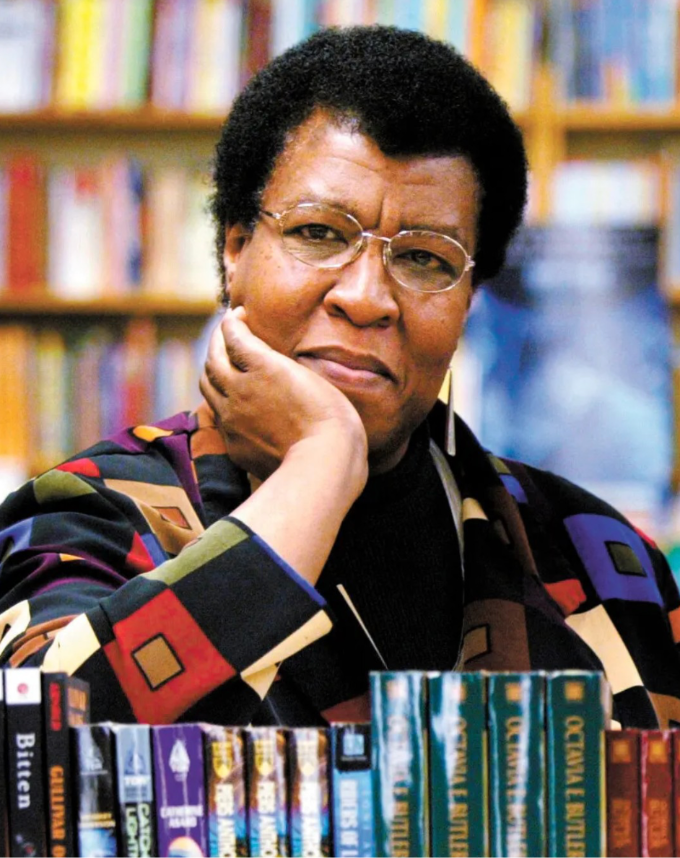
Octavia Estelle Butler Image via NYPL
In January 2000, the White House asked Octavia Butler to write a memorandum to President Clinton outlining her vision of the future. She chose to focus on education. “I was poor, Black, the daughter of a shoeshine man and a maid,” Butler wrote. “At best I was treated with gentle condescension when I said I wanted to be a writer. Now I write for a living. Without the excellent, free public education I was able to take advantage of, I might have found other things to do with my deferred dreams and stunted ambitions.”
Instead, she went on to win science fiction’s highest honors—the Hugo and Nebula awards—and received a MacArthur Fellowship.
This week’s quote comes from that essay. After being submitted to the White House staff, it was published in Essence and later reprinted in her collection Bloodchild and Other Stories. In it, Butler shares how she approaches the future—both as a science fiction writer and a close observer of society.
She frames her thinking around four guiding principles:
- Learn from the past
Understanding history is essential. Without it, predicting the future is guesswork. - Respect the law of consequences
Every action, even well-intentioned, has side effects—some helpful, some harmful, some unexpected. - Be aware of your perspective
Recognize the limits and biases of your own viewpoint. Wishful thinking, fear, and denial are poor tools for navigating the future. - Count on surprises
The future is unpredictable. Expect change. Stay adaptable.
Twenty-five years later, her advice feels more relevant than ever.
